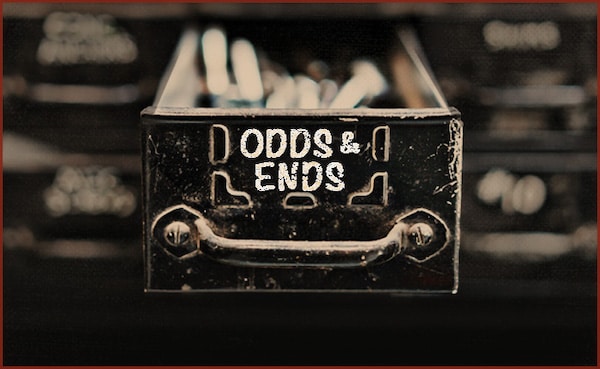Have you ever ever been in a lodge room together with your partner and children, tucked away on this liminal area, having fun with the sensation that nobody might discover you (and form of hoping that nobody ever would), and thought to your self: “That is all I want on the planet”?
There was some lament in latest many years over the dissolution of the prolonged household — the truth that most individuals not stay in shut proximity to grandparents, uncles, aunts, cousins, and many others. That is certainly a loss. But in making this lament, it’s potential to lose sight of simply how sensible the nuclear or atomic household actually is. Certainly, it’s partly due to its stand-alone luminescence that we now have not fought tougher to protect a wider familial community. Whereas the prolonged household provides to it, the atomic household isn’t itself impoverished.
Pairs of oldsters + their kids type the smallest intergenerational models of society. What Edmund Burke known as “little platoons.”
And the way very serviceable these tiny troops really are.
Agile and cell, when the sh*t hits the fan (like, say, throughout a pandemic), the atomic household can contract right into a self-sustaining unit, ready to navigate via.
Unbiased and idiosyncratic, when society’s methods appear stale, dumb, and wrong-headed, the atomic household can domesticate its personal distinctive, us-against-the-world tradition.
Protected and protecting, when life within the trenches grows weary, the atomic household can grow to be the fireside round which spirits are rallied.
Heat and close-knit, when the world feels chilly and detached, the atomic household could be a refuge of counted-upon affections.
All hail, then, these merry bands of compatriots.
All hail these rogue gangs of battle buddies.
All hail these crews that maintain collectively when all the pieces falls aside.
All hail our little platoons.







